dual oil pressure water temp gauge
1、 Temperature of cooling water
As we know, the working cycle of the engine is conducted at very high temperatures, with the temperature at the end of combustion reaching 1700-2000 ℃ or even higher; The cylinder wall is 200~300 ℃, the inner wall of the cylinder head and the top of the piston are 300~400 ℃; Inlet valve head 300~400 ℃; Exhaust valve head 600~800 ℃. At such high temperatures, the strength and wear resistance of the parts are greatly reduced; "The normal fit has been damaged, the engine oil has been burned in large quantities, and the lubrication conditions have deteriorated significantly, making it obviously impossible to work properly.". Therefore, the engine must be cooled, mainly by cooling water. It can be seen that the engine must be reliably cooled. However, excessive cooling can cause the engine temperature to be too low (below 60 ℃), which can also have the following adverse consequences:
1). The viscosity of lubricating oil increases, the fluidity is poor, and the frictional resistance of moving parts increases.
2). Due to the low temperature of the parts, the heat loss increases and the combustion process deteriorates; And it is easy to form carbon deposits in the combustion chamber, causing piston ring cementation and other phenomena, insufficient compression force, and reduced engine power.
3). If the water temperature is too low, it will cause increased wear of parts, mainly the cylinder liner. According to the test, when the cylinder wall temperature is 50 ℃, the wear of the cylinder increases by more than 8 times compared to 100 ℃. The main reasons are as follows: ① When the engine temperature is low, the water vapor formed during diesel combustion will condense on the cylinder wall, and the acidic oxides generated during combustion will dissolve in water, forming acids (i.e. sulfuric acid) that adhere to the cylinder wall, causing strong acid corrosion of the cylinder. ② Due to low engine temperature and incomplete combustion of diesel fuel, it flows into the oil pan along the cylinder wall, flushing the lubricating oil film on the cylinder wall, and accelerating component wear. During use, if it is found that the reading of the water temperature gauge is too high, the insulation device can be adjusted, stopped working, and the cause can be found out and eliminated.
2、 Oil temperature
Viscosity is an important indicator of engine oil. Only by using oil with appropriate viscosity can an oil film be formed between the friction surfaces to ensure good lubrication of the machine parts; It also takes away the metal particles generated by friction and cools some parts (such as pistons and bearings) that cannot be cooled by water or air flow. The cooling ability of lubricating oil does not solely depend on its thermal conductivity and other properties.Therefore, it is extremely important to maintain the proper viscosity of the oil. The viscosity is mainly affected by temperature. Therefore, maintaining a normal oil temperature is an important condition for maintaining oil viscosity. The normal oil temperature of a diesel engine is 70 to 90 ℃. The high oil temperature is mainly caused by poor or inability to dissipate heat, insufficient supply of lubricating oil, and poor oil quality. If the oil temperature is found to be too high, find out the cause and eliminate it in a timely manner.
3、 Oil pressure
The oil pressure must be sufficient to overcome the resistance of each pipe in order to reliably supply the oil to the various places required. Oil pressure has a significant impact on the lubrication condition of parts. Too high or too low oil pressure can cause poor lubrication and cooling of mating parts, especially main bearing pads, connecting rod pads, bearings, and copper sleeves, resulting in severe wear, even burnout, and more serious accidents. For engines with reaction centrifugal filters, the oil pressure has a great relationship with the rotor speed. To filter the oil well, it is necessary to maintain a certain oil pressure. In summary, it can be seen that it is extremely important to maintain the engine operating at normal water temperature, oil temperature, and oil pressure. As long as the temperature and oil pressure of the engine are correctly controlled, it can work effectively and extend its service life.
 English
English 
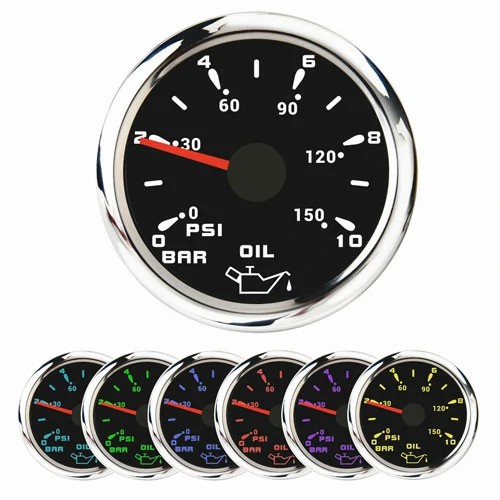
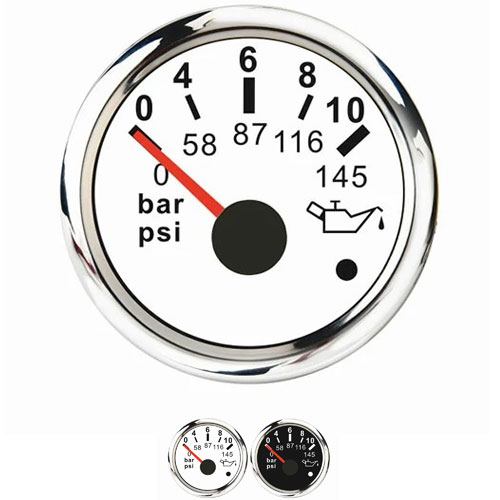
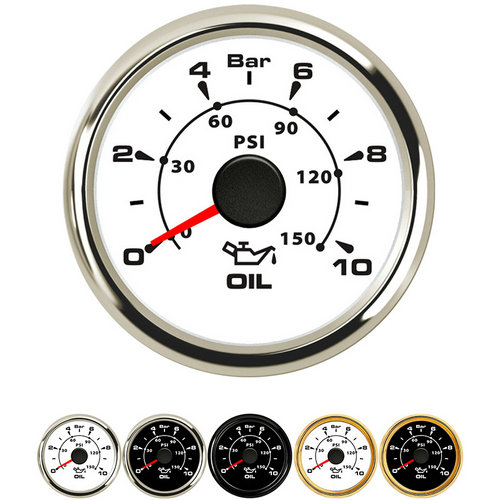
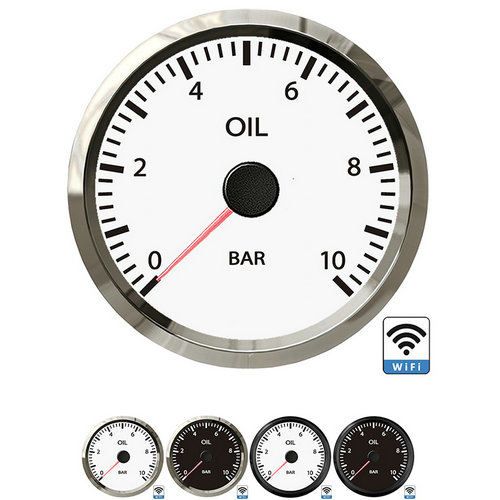
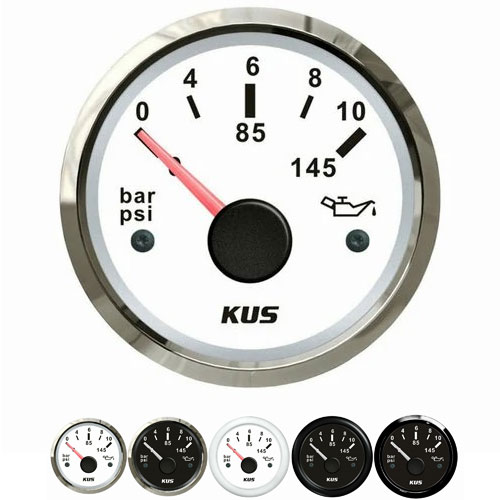
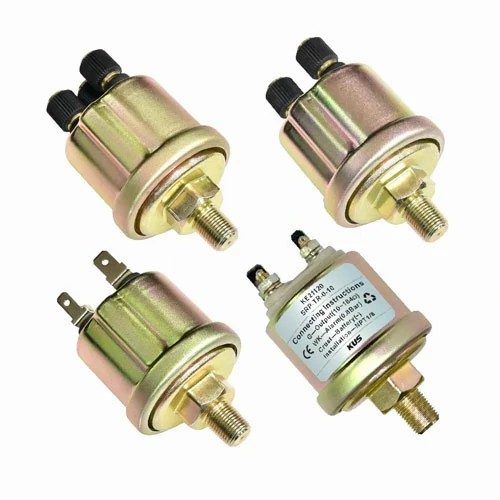
Get a Quote / Info